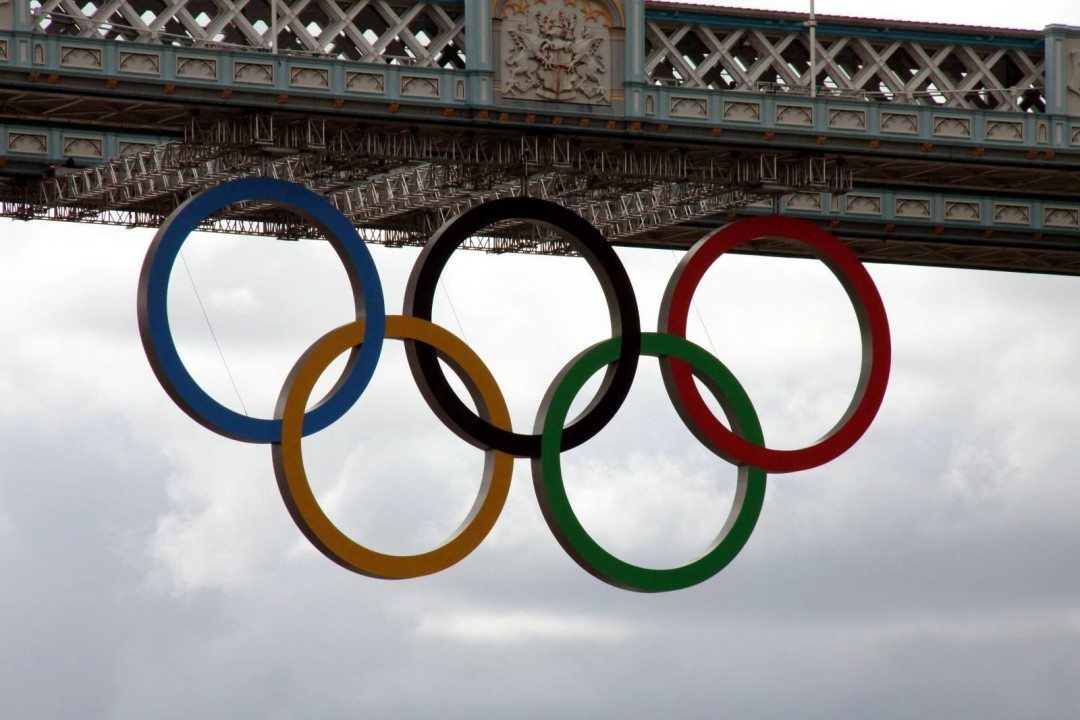The water quality of 2016 Olympic Games host Rio de Janeiro’s open water swimming and sailing venues continues to be an issue, as it has been under scrutiny for pollution for the past three years.
In 2013, we reported how nearly 70% of Rio’s sewage went untreated, being dumped or runoff into waterways like Copacabana, leading fecal coliform bacteria levels to be measured at 16 times higher than the Olympic host nation’s satisfactory level.
Flash forward to last fall, when Rio organizers stated they would be following the World Health Organization’s (WHO) guidelines of solely performing ongoing water quality monitoring via tests for bacteria and not for viruses.
Now less than 60 days out from the opening ceremony, Reuters is reporting that a dangerous, drug-resistant ‘super bacteria’ has been found in Rio’s waters. The super bacteria is known to cause ‘urinary, gastrointestinal, pulmonary and bloodstream infections, as well as meningitis.’ The CDC said studies show that super bacteria contribute to the death in up to half of patients who are infected by the dangerous bug. (Reuters)
A study from the Interscience Conference on Antimicrobial Agents and Chemotherapy in San Diego point to the microbe now being present at five beaches, including Ipanema, Leblon, Botafogo and Flamengo and Copacabana, the latter of which open water swimming and triathlon events.
The American Society for Microbiology has reportedly found the bug in Rodrigo de Freitas lagoon, which will host Olympic rowing and canoeing, as well as in a river that ultimately empties into Guanabara Bay.
Additionally, Brazilian O Globo newspaper this week cited a report by the Federal University of Rio de Janeiro (UFRJ), saying that Flamengo, Botafogo, Copacabana, Ipanema and Leblon are ‘unfit for swimming’.
“The amount of super bacteria at sea should be zero. Their presence means a serious public health problem. And it may be related to hospital sewage,” microbiologist and physician Rafael Duarte, a professor at UFRJ, told the paper.

I am sure there is a health threatening issue, but I doubt it is as important as they want us to believe. There are tens of thousands of people who swim in those waters every day. If the threat was as deadly as the article suggests, there would be thousands of deaths every year. I don’t mean things are rosy there, but it also seems like there is an orchestrated campaign against these Games being held in Rio.
Shhhhh, that doesn’t fit into the hysterical narrative!
My thoughts exactly. If the Rio beaches had been closed, it would have been front page news all over the world.
The casual beach-goer also doesn’t likely spend hours in the water swimming hard and gasping for air (causing them to swallow water).
The athletes are being put in a very difficult position of having to choose their health or a lifelong dream. I would not want to have to make that decision. I wish them all the best whatever their choice.
Wow, what a disaster. I truly hope they have the common sense to move the open water events a a safe venue up or down the coast from Rio.
Super bugs are Super bad for swimmers and water sport athletes. Super corruption will keep denying there are any real issues. I hope all athletes and support team members have strong immune systems.
*super strong immune systems
bruhhhhhhhhhhhhhhhhhhhhhhhhhhh